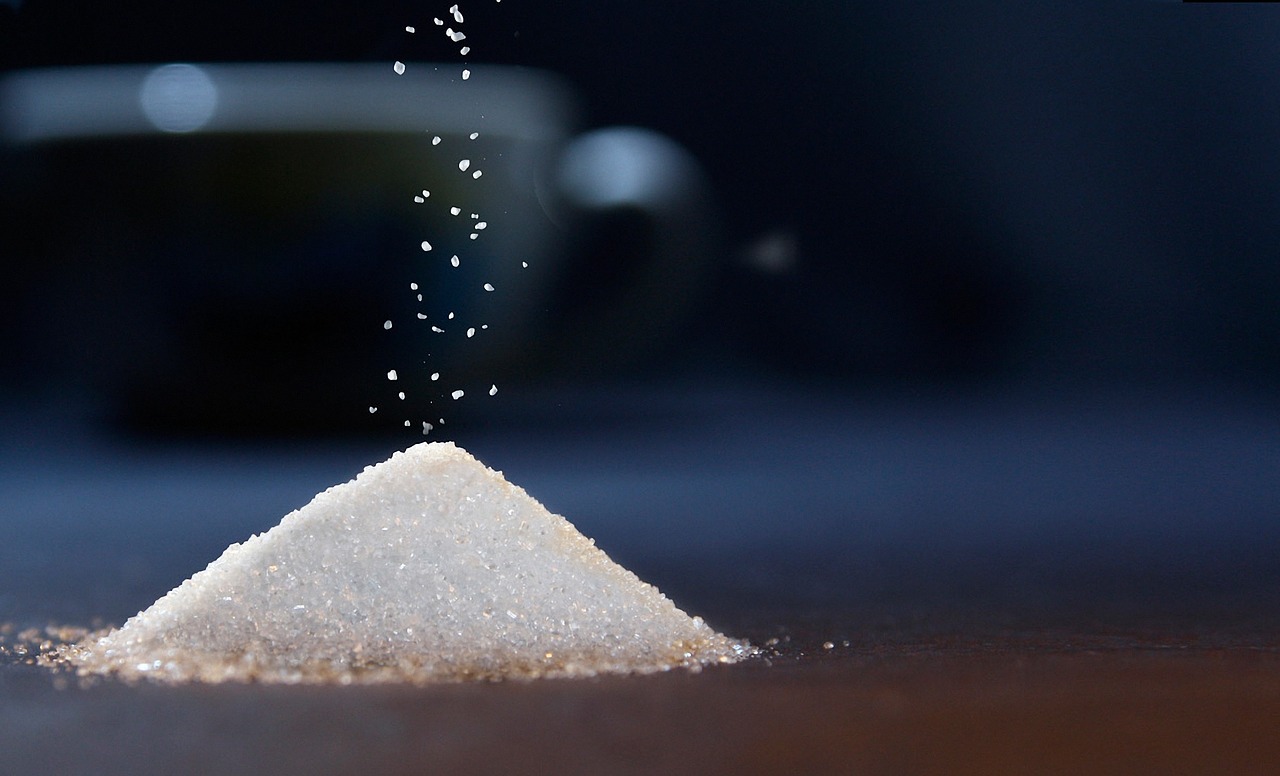Is sugar bad?
Should you avoid it? This is possibly one of the most controversial topics in diet and health, but today, we’re going to tackle it with hard-core science and unveil the facts you need to know.
First, let’s define exactly what we mean by sugar. Is it the white stuff you scoop into your coffee? Well it can be, but that’s only one type of sugar, called sucrose. Sugar is actually a group of molecules that share a similar structure, so it’s actually more appropriate if we refer to them as sugars. Sugars are a type of carbohydrate known as “simple carbohydrates”, which means they digest more quickly.
You have taste receptors on your tongue for sugars that tell you “this is delicious” because naturally, sweet foods like fruits are full of vitamins, minerals and energy. Nowadays, there are some not-so-nutritious foods that are packed with sugar. The tricky part about this is that everyone reacts to sugar differently. Genetically, some of us want it more, some of us like it in small doses and some of us like it so much that the more we eat, the more we want.
What does the data say about sugar’s link to weight gain?
Well no single thing – including sugar – causes weight gain. A study was conducted comparing the low-carb diet to the low-fat diet when the calories were kept the same and the researchers concluded that there was no advantage to either diet over the long term.
One thing that definitely contributes to weight gain is an increased caloric intake. So if you’re one of those people that loves sugar so much that it always leaves you wanting more; then it’s a good idea to restrict yourself from sugar because eating it will most likely make you eat more of it and that will increase your overall caloric intake, which can lead to weight gain. It’s all about experimenting with your body and finding what works.
What does the data say about sugar’s link to diabetes?
The short answer for this one is that managing sugar intake is just one piece of the diabetes-prevention puzzle. The biggest change you can make to prevent or reverse diabetes is to limit your fat intake that comes from all the animal products you eat such as red meat, pork, cheese, dairy milk and eggs. Research has shown that these types of fats are actually the biggest culprit driving diabetes. For more info watch the documentary ‘What The Health’ on Netflix.
This doesn’t give you permission to have fizzy drinks with your meals (bad idea). What it does is give you more insight on what you SHOULD focus on when looking to prevent diabetes, which is weight and body fat management. This is backed up by a LOT of research.
So… How much should I eat?
The point of this article is not to remove your guilt of eating sugar. It’s not a health food and it doesn’t even add a whole lot of nutrient value like protein or omega-3 fatty acid does. But you can’t blame one thing for all your health problems. Being aware of your sugar intake is probably a good idea. As a guideline, limit sugar to 10% of your intake. But ensuring that you’re eating real whole foods for proper nutrients and finding a way to move and exercise more often has far greater benefits. Focus on the big rocks before the pebbles, and you’ll find navigating health a whole lot easier.
Your Trusted Auckland Chiropractor
Contact Revolution Chiropractic – Leading Chiropractor Auckland
To Schedule your FREE CONSULTATION at Revolution Chiropractic E-mail or Call us on 09 418 3718.
You can also book online here !
Follow us on Instagram Or Twitter, connect with us on LinkedIn, become a fan on Facebook.
SUBSCRIBE TO OUR YOUTUBE CHANNEL FOR DAILY EXERCISE AND HEALTH ADVICE.







